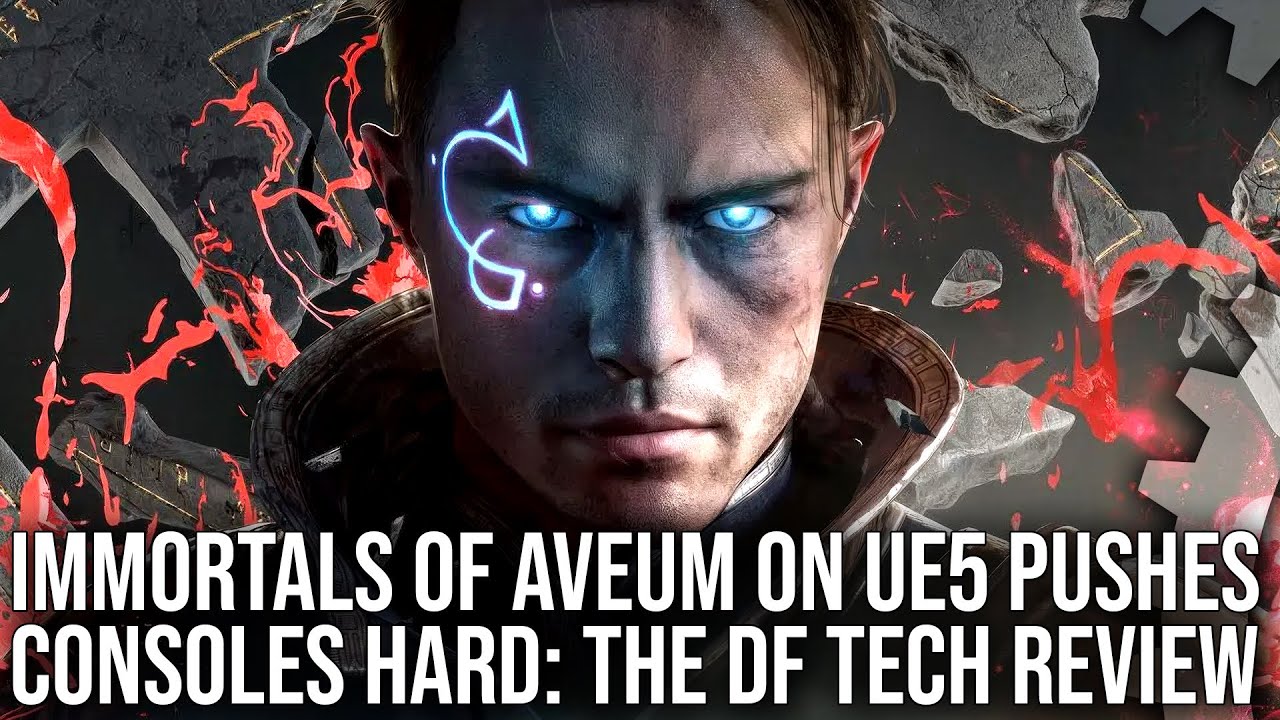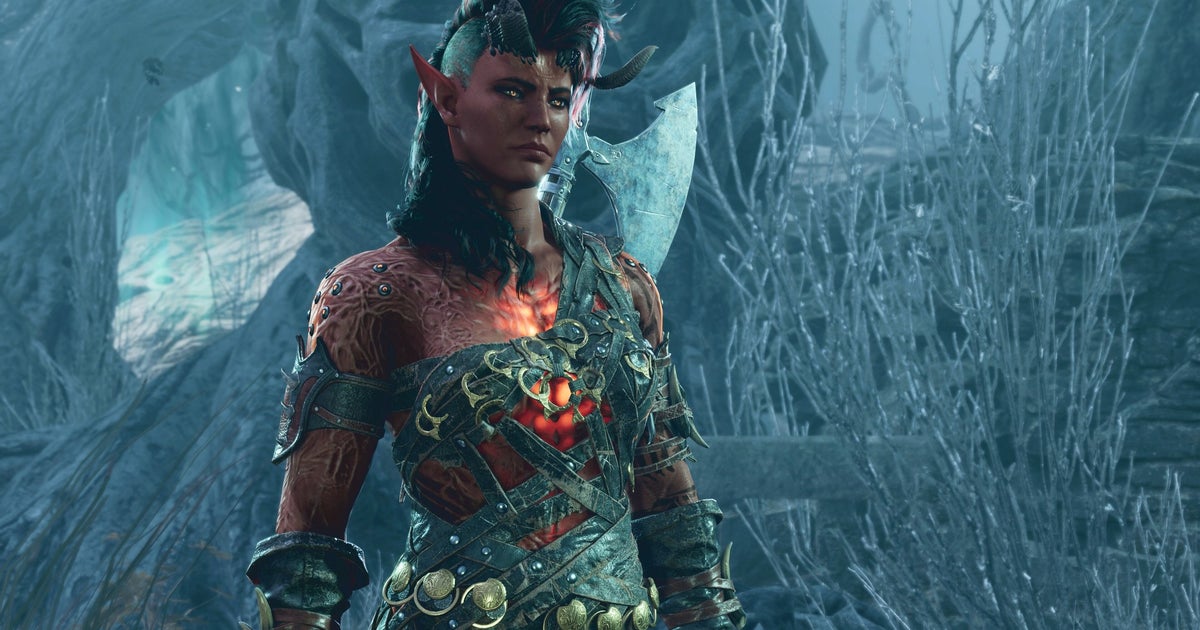- 4 Posts
- 26 Comments
I worked with Perl for years, and I don’t recommend it for a beginner. There are just too many idiosyncrasies that belong specifically to the language that you’d be better off with Python for learning the basics.
I’m also not really sold on that book, which from the code samples looks really old. I’d recommend two books: Modern Perl and Perl Best Practices.
Edit: I’d also recommend working in Go but potentially the way i/o intersects with interfaces makes it a bit more challenging.

 2·6 months ago
2·6 months agoIt also didn’t release as a physical copy. New digital releases in the UK at least are always pretty expensive, whereas with physical copies there’s at least a chance of a small discount from a retailer.

 2·6 months ago
2·6 months agoMore or less. Either Excalidraw for your quick and dirty diagrams or I’ve used PlantUML + C4 Plug-in for your larger, more long lived diagrams with some success.

 4·6 months ago
4·6 months agoDiagrams. Loads and loads of diagrams. One for each use-case.
Then I’d have one diagram to draw out dependencies between each service at the broadest level. Although depending on how messy your architecture is it can be very difficult to read, in my experience.

 4·7 months ago
4·7 months agoIt’s really quite bad imo, but it’s surprising considering how the consoles are basically the same, hardware-wise - the Xbox on paper might even be technically more powerful.
I think that if they’d been able to get out there with a couple of great 1st party games early in the generation it might have helped swing the market in their direction but they didn’t and now it doesn’t matter.

 2·7 months ago
2·7 months agoSony is also encountering similar issues in terms of the cost of games being unsustainable and Moore’s Law kicking in. The difference is that they’re making games that move consoles and Microsoft just aren’t.
At this point, I don’t know what strategy Microsoft has at this point. If you say “Xbox everywhere”, what does Xbox even mean any more for the enthusiast? I don’t think Xbox is done, but if they were looking to be HBO before, they are now going for the Netflix approach - high quantity content, mediocre product - and possibly alienate the existing audience they have.
I say this as an Xbox Series S owner, I’m happy with my purchase, but as a consumer I don’t think I’ll be upgrading my console to anything Microsoft ship any time soon.

 10·9 months ago
10·9 months agoI can imagine them carrying on making consoles this generation but long-term Microsoft is a services company and over successive generations they have failed to recapture the lead from Sony since the 360. Ultimately, they just want to make more money and struggling in the hardware business is not an exciting place for them to be in.
I say this as a Series S owner: the writing is on the wall. I will likely not be purchasing another Microsoft console after this, though I’m not sure they’d be interested in releasing one. I want to buy and own games I can play locally on a piece of hardware, which probably means I have to return to Sony or go back to the humble PC. For anyone currently on the fence seeing this news, I don’t know why they’d consider buying into the Xbox platform and tying in all their gaming purchases.

 2·9 months ago
2·9 months agoA lot of it has reinforced my understanding around distributed databases and transactions. In my day-to-day, I’ve not really had need to use this knowledge as pretty much all our data stores are hosted in cloud platforms and we’re operating on low datasets and traffic.

 6·9 months ago
6·9 months agoI’ve been reading Designing Data-Intensive Applications and it really is a great book, specifically for backend engineers.

 8·11 months ago
8·11 months agoI know it’s vastly underpowered compared to even the Xbox Series S but I still think there’s something magical about the way you can have these fully fledged gaming experiences in front of your TV or in your hands while on holiday using the same hardware. Of all the consoles I’ve owned, it’s probably my favourite.

 1·1 year ago
1·1 year agoAs a bit of low-hanging fruit, you may be able to reduce the length of the diffs in an MR by marking generated files with
-diffin a.gitattributesfile. This is at least supported by GitLab (not sure about others): https://git-scm.com/docs/gitattributes#_marking_files_as_binary

 4·1 year ago
4·1 year agoTo be honest, it doesn’t seem that bad. With clean architecture, you are going to end up with extra types and mappers. I would argue that what you have isn’t coupled, because a change in one place doesn’t have unexpected side effects elsewhere.
I haven’t used Goa or Gorm. Writing SQL by hand gets old quick so I get why you’d use Gorm - just less code to write in the end. I’ve used sqlc as it’s more a library than a framework, and it’s fine, but it can’t fulfill every use case. Goa looks too opinionated for me, on the face of it.
I’ve used wire. It takes some understanding but it’s definitely a lot to understand just to add a dependency. At work we’ve got our own template for doing dependency injection and although I was skeptical at first it strikes a really good balance between being understandable and abstracting away DI. If this is your pain point, I’d consider going back to basics and get rid of the framework.
If you decide to go with a framework like Laravel, Rails or Next.js and build everything around the framework, you will deliver quickly at first, but you won’t have type safety and it particular point it will stop scaling because these frameworks have no consideration for clean architecture. You won’t necessarily be better off.

 10·1 year ago
10·1 year agoThe redesign is literally pointless and currently achieves nothing. I find that the user’s profile button having moved to the bottom-left so goddamned weird, as is the “Activity” button moving to the no-mans-land of middle of the sidebar.

 5·1 year ago
5·1 year agoI would be extremely surprised if at least one upgraded model of the Xbox doesn’t ship with a disc drive. It would completely alienate a section of their user-base that want a more powerful box and care about owning physical media. They also made this mistake before with the Xbox One - which Spencer himself has mentioned as a key reason why there’s such a gap in sales volume between XBS/X and PS5 - so to make the same mistake again would be doubly confusing.
Edit: just seen this story corroborated by multiple outlets, so this may well be the real deal. And if so, super disappointing and fucking duuuumb. As the Xbox Series X OG console becomes more and more the outlier, what are the chances that publishers will just stop producing discs for retail completely? So basically, really piss off your early adopters. I own a Series S at the moment, but I’m more likely to just switch to PS5 Pro model when it comes round instead of stick with the Xbox Series consoles.

 23·1 year ago
23·1 year agoThis is a brain dead decision and nothing short of a complete 180 will perhaps save them, but even then the reputational damage is severe.
If you wanted to do both front and backend development TypeScript + JS/Node would make the most sense, no? I say this as someone who works with and enjoys working with Go almost every day, but there’s only so much time to learn new stuff.

 5·1 year ago
5·1 year agoIt is silly. The CMA has tunnel vision around this, and because the streaming issue was essentially the main point of contention this change in the deal puts them in a position where they’d look like hypocrites not to let it through. Microsoft just capitalizing on their ignorance (rightly so).

 3·1 year ago
3·1 year agoEven if you ignore the time it takes to download for those with low speed connections or data caps, the issue is made worse by a lack of competitively priced storage options for the Xbox Series consoles. PC owners by comparison have it much easier.

 1·1 year ago
1·1 year agoIt would be to Microsoft’s advantage to change that perspective, which would reinforce why they might maintain their hard line of feature equivalence. I agree though, it appears to be the status quo.




In the UK at least there’s a persistent cost-of-living battle being fought, so we’re not spending as much as we were, and large game production has reached a tipping point where the number of purchasers aren’t growing but costs are increasing, so: studios contract; or games are taking longer to make; or games are made with a smaller scope. So basically, there’s less to upgrade your console for.
I mean, for me personally, everytime I think of upgrading from a Series S I find it hard to justify because most games run quite well.